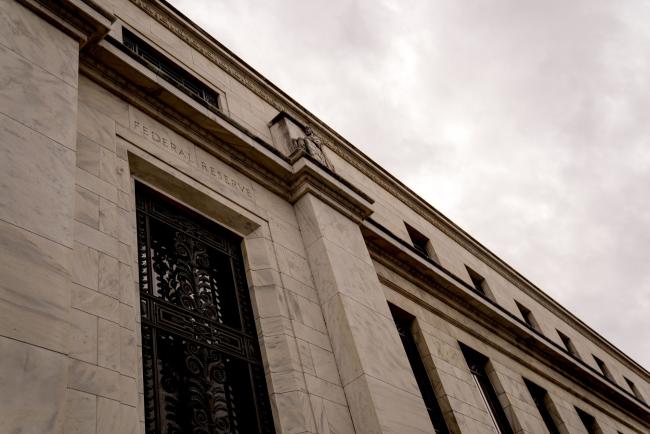The Almighty Credit Score Isn’t as Reliable Post-Covid, Fed Says By Bloomberg

(Bloomberg) — The Federal Reserve warned that credit scores — the all-powerful number that can determine if a consumer is able to qualify for a loan, rent a home or even buy car insurance — might have gotten less reliable during the coronavirus pandemic.
Scores for homeowners who took advantage of payment relief on their mortgages actually rose an average of 14 points over the course of the pandemic, according to a new analysis by the Fed. That was a bigger jump than the seven-point increase seen among borrowers that didn’t take forbearance on their loans.
“This is because, although they were not making payments, their credit reports are treated as if they’re making continued payments for credit-scoring purposes and account histories,” researchers for the central bank said Wednesday in a blog post. “The concept of the credit score, a device to distinguish good borrowers from bad borrowers, may lose some of its power in signaling creditworthiness to lenders, at least for some time.”
Banks and financial companies use credit scores to determine a consumer’s willingness and ability to pay them back. But the firms that provide the figures have long faced criticism from consumers and advocates who say it’s not clear what data they use to calculate the scores or what can be done to boost them.
In the depths of the coronavirus pandemic, as unemployment surged and government officials urged consumers to shelter in place, the country’s largest mortgage lenders debuted a raft of forbearance options to borrowers that allowed them to delay payments for as long as 18 months.
The Fed found that roughly 13% of mortgage borrowers were in forbearance for at least one month during the past year and more than a third of those homeowners were still seeking relief as of March.
‘Muddled’ Tool
“One thing to keep in mind is, credit scores may be less informative,” Joelle Scally, a financial and economic analyst for the Federal Reserve Bank of New York, said in press briefing. “They’re a really important tool for lenders to identify creditworthy borrowers, but with the protection of the forbearance programs some of that may be muddled.”
It’s not just credit scores that are losing some of their power: The central bank said about 8% of borrowers were already behind on their mortgages when they entered forbearance. After taking relief, the vast majority were reported as current on their loans.
“As a consequence, credit-bureau measures of mortgage delinquency must be viewed cautiously,” the Fed said in a separate blog. “Current foreclosure data and delinquency statistics drawn from credit-bureau data do not accurately give a clear indication of housing-market stresses.”
©2021 Bloomberg L.P.

